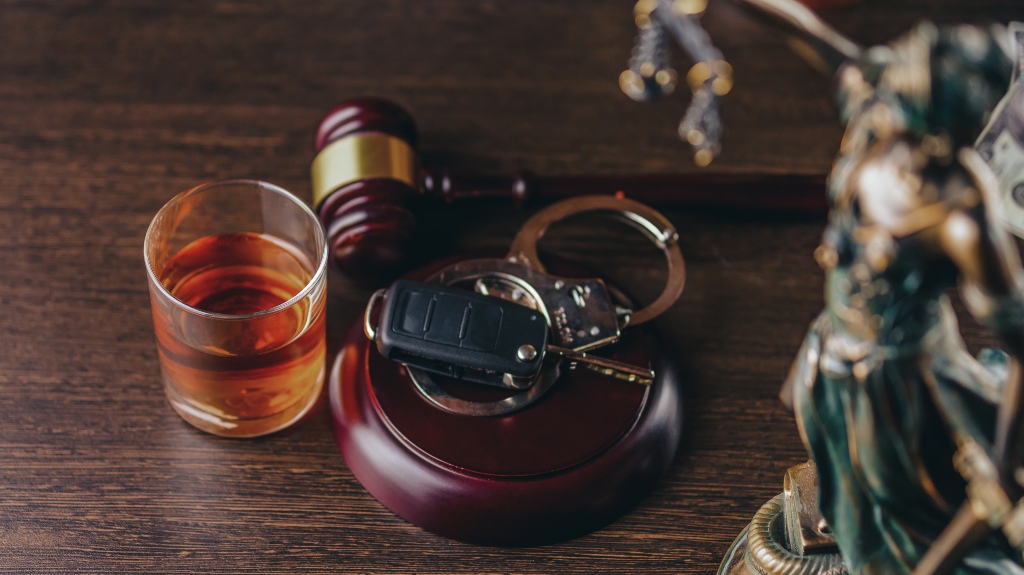
A DUI (Driving Under the Influence) conviction in Indiana can have long-lasting consequences. It may affect your ability to find employment, obtain housing, or even maintain a professional license. Fortunately, Indiana law offers a second chance through expungement—essentially sealing your criminal record from public view. But can a DUI be expunged in Indiana? The answer is yes, in many cases—but not always, and not immediately.
If you’ve been convicted of DUI in Indiana and want a fresh start, here’s what you need to know.
What Is Expungement?
Expungement is a legal process that removes certain criminal records from public access. When a record is expunged, it won’t show up on most background checks, and you can legally say you haven’t been convicted of that offense in many situations.
In Indiana, expungement is governed by Indiana Code § 35-38-9. This law allows eligible individuals to petition the court to seal arrest records, misdemeanor convictions, and certain felony convictions, including DUIs, under qualifying conditions.
Is a DUI Eligible for Expungement?
Yes, but eligibility depends on several factors, including the severity of the offense and your criminal history. DUIs in Indiana fall under two general categories:
- Misdemeanor DUI (Class C or A): These are typically first-time offenses without aggravating factors such as injury, death, or having a minor in the vehicle.
- Felony DUI: A DUI becomes a felony when there are aggravating circumstances, like a repeat offense within a certain period, causing serious bodily injury, or driving on a suspended license.
Misdemeanor DUIs are generally eligible for expungement five years after the conviction date. Some lower-level felonies (Level 6) may be eligible for expungement eight years after the conviction, while more serious felonies require longer waiting periods and may be excluded altogether.
Key Requirements for Expunging a DUI in Indiana
To be eligible for DUI expungement in Indiana, you must meet all of the following requirements:
- Sufficient Time Has Passed:
- Five years since the date of conviction for misdemeanors.
- Eight years or more for eligible felonies.
- No Pending Charges:
You cannot have any open or pending criminal charges at the time you file your expungement petition. - Completed Sentence:
All parts of your sentence must be completed—this includes jail time, probation, community service, substance abuse treatment, and payment of fines or restitution. - Clean Record Since Conviction:
Any subsequent convictions may impact your eligibility, especially if they occurred after your DUI. - Expungement History:
You are generally allowed only one expungement petition per lifetime, so it’s crucial to include all eligible convictions when filing.
What Happens After Expungement?
If your expungement is granted, your DUI conviction will be sealed from public view. Employers, landlords, and most licensing boards won’t see the conviction on a background check. However, law enforcement agencies and courts may still access the record for future legal matters.
In addition, expungement doesn’t automatically reinstate driving privileges or erase other consequences. If your license was suspended, for example, you’ll still need to go through the proper steps to have it reinstated.

Why Legal Help Matters
The expungement process in Indiana involves filing a formal petition with the court and adhering to strict procedural rules. A mistake in your paperwork or a missed eligibility detail can result in a denial, and since expungement is generally a one-time opportunity, getting it right the first time is critical.
At Kaushal Law, we assist clients in navigating the Indiana expungement process from start to finish. Whether you’re seeking to expunge a DUI or other criminal offense, our team can evaluate your case, prepare your petition, and advocate on your behalf in court.
Contact Us Today To Learn More
Contact Kaushal Law today for a confidential consultation. Let us help you reclaim your reputation and move forward with confidence.
